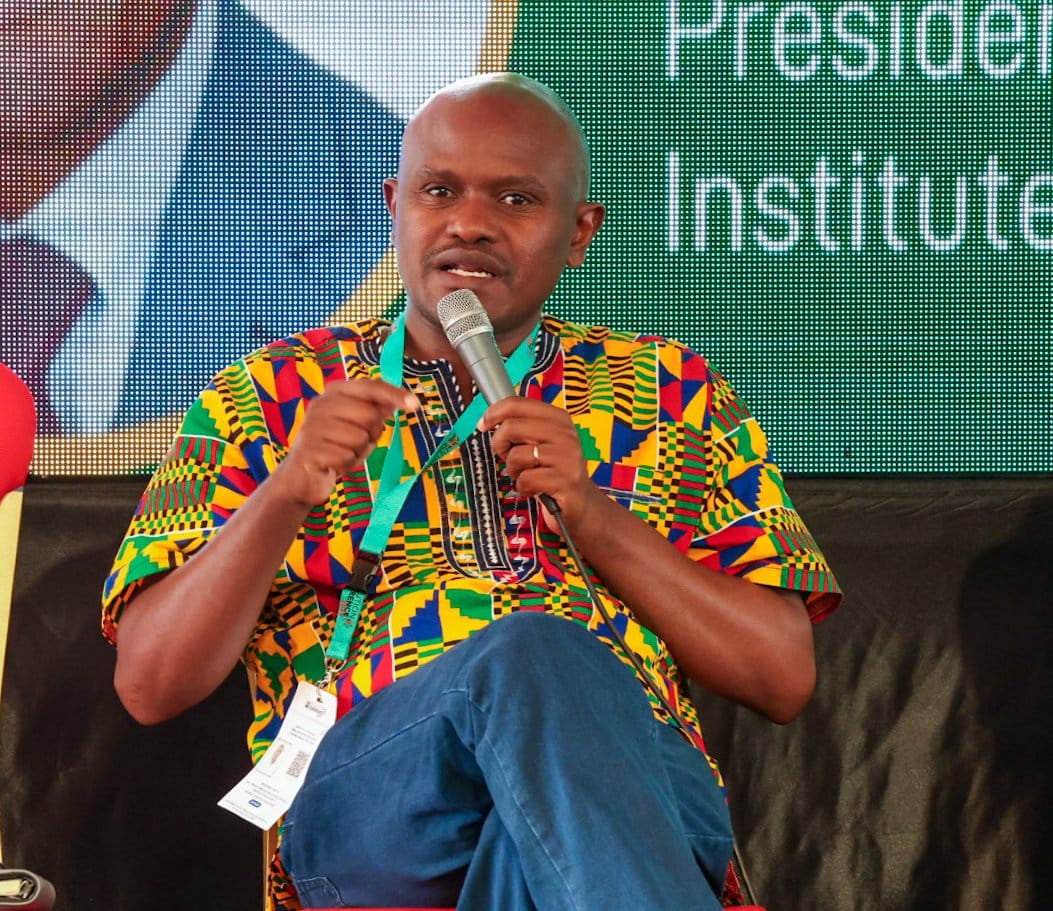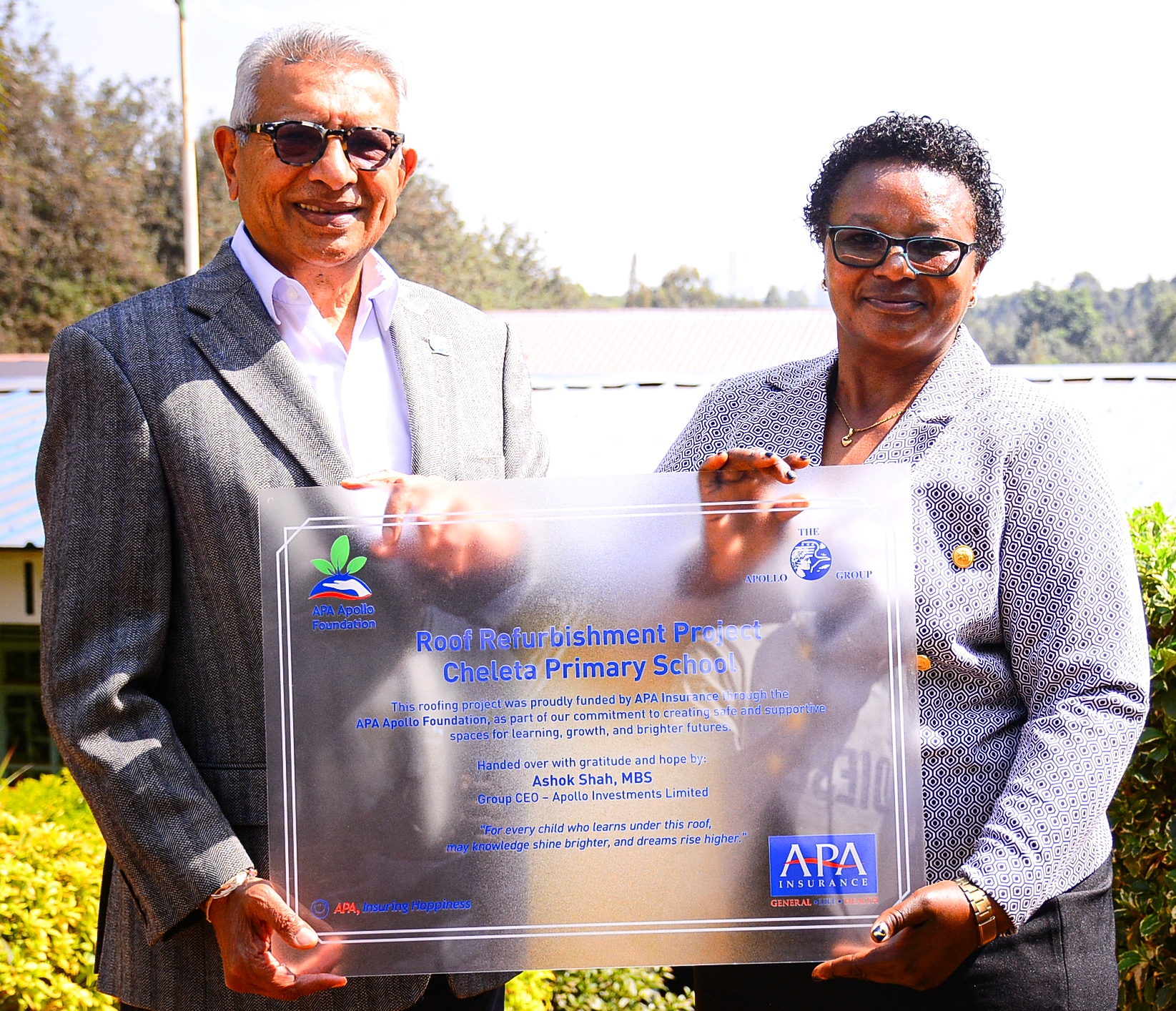The Institution of Engineers of Kenya (IEK) has called for sweeping reforms to fully digitise the approval process for engineering projects across all 47 counties and at the national level, warning that reliance on manual systems is slowing down infrastructure development and leaving room for inefficiencies and malpractice.
Speaking during an IEK-hosted side event at the ongoing Devolution Conference in Homa Bay, IEK President Eng. Shammah Kiteme said embracing technology-driven approval platforms will significantly reduce bureaucratic bottlenecks that have plagued the sector for years.
“Manual approval systems have led to unnecessary delays and exposed the sector to possible malpractices. A shift to fully digital platforms will enhance transparency, improve efficiency, and ensure projects are delivered on time,” Eng. Kiteme stated.
The session, attended by ICT experts, engineers, policymakers, county leaders, and development partners, explored how digital transformation can not only improve service delivery but also strengthen governance and accountability in infrastructure projects.
Stakeholders agreed that digitisation could be a game-changer for the construction and engineering sector, helping Kenya achieve its development goals faster.
Eng. Kiteme emphasised that with proper implementation, digital approval systems would foster stronger collaboration between the national and county governments, allowing projects to move seamlessly from planning to execution.
“If we want to accelerate national development, we must remove red tape and adopt solutions that make approvals swift, transparent, and accessible,” he added.
Discussions at the forum also highlighted global best practices, with participants noting that countries that have adopted fully digital approval processes have seen marked improvements in efficiency, cost savings, and project quality.
ICT experts present at the event underscored the need for robust cybersecurity measures, adequate training for county staff, and harmonised systems to ensure interoperability across jurisdictions.
Kenya’s infrastructure sector has long grappled with project delays linked to lengthy manual approval procedures, often leading to cost overruns and stalled developments.
By integrating digital solutions, IEK believes the country could unlock faster construction timelines, attract more investment, and enhance the quality of public works.
The push for reform comes at a time when the government is intensifying efforts to modernise public service delivery under its digital transformation agenda. If adopted, the IEK proposals could position Kenya as a leader in leveraging technology to boost infrastructure growth in Africa.




